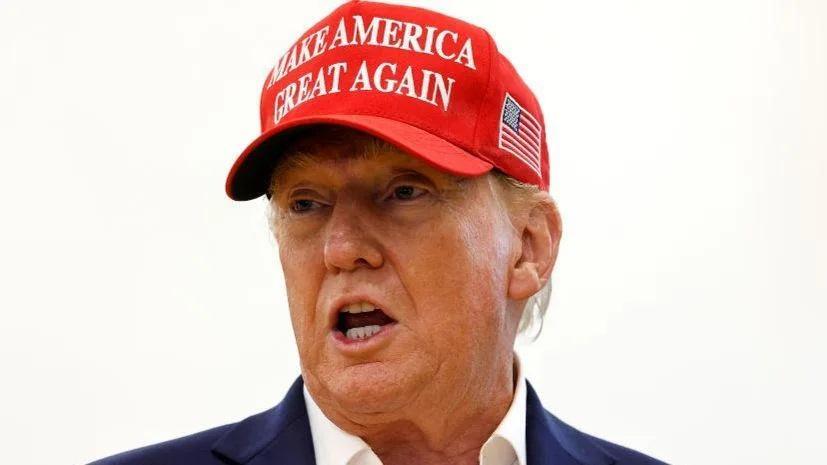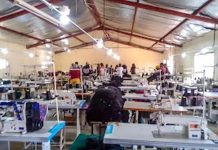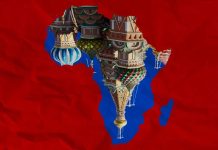Africa-Press – Lesotho. As it became clear that Donald Trump had landed the US presidency for the second time, leaders from across Africa began tweeting their congratulations.
“Zimbabwe stands ready to work with you”, wrote Zimbabwean President Emmerson Mnangagwa, eyeing a diplomatic reset, while Nigeria’s Bola Tinubu expressed hope that Trump’s second term would bring “reciprocal economic and development partnerships between Africa and the United States”.
But will Trump 2.0 be good for the continent? During his first stint in the White House critics accused him of dismissing Africa, having cut some funding, curbed immigration and reportedly referred to some of its nations as “shithole countries”.
However, he did also introduce schemes to increase investment in Africa – schemes that remain operational three years after he left office.
But how might he approach Africa in this new climate?
Trade and investment
Joe Biden’s outgoing administration “tried really hard to create an impression that Africa was a valued and important partner”, W Gyude Moore, a fellow at the Center for Global Development and former Liberian minister, tells the BBC.
Biden struggled to match this enthusiasm with substantial deals and partnerships, Mr Moore says, but that does not mean his Africa strategy was fruitless.
For instance, the US was praised for investing in the Lobito Corridor – a rail line stretching through Angola, the Democratic Republic of Congo and Zambia that will be used to transport critical raw materials.
In 2023, the US said it had invested more than $22bn since Biden came to power.
But there are concerns Trump might roll back on this investment and trade. The soon-to-be president has more of a protectionist, insular outlook than Biden – one of the slogans for his first term was “America First”.
The African Growth and Opportunity Act (Agoa), which has enabled eligible African countries to export some of their produce to the US without paying taxes since 2000, is a key source of concern.
During his previous administration, Trump said the scheme would not be renewed when it expires in 2025.
And during his 2024 campaign he pledged to implement a universal 10% income tariff on all foreign-made goods. This would make imported goods more expensive, and so African exporters would be likely to sell less of their produce in the large US market.
Numerous commentators in South Africa – one of the largest exporters under the Agoa agreement – have predicted that cutting Agoa could have a significant impact on the economy.
However, US think-tank the Brookings Institution predicts that South Africa’s GDP would shrink by “just 0.06%”. This is partly because many of the goods South Africa exports to the US – such as minerals and metal – do not actually benefit from Agoa, it said.
Although Trump was not keen on Agoa, he recognised that if the US was going to counter China’s growing economic influence in Africa, it needed to maintain some level of partnership.
In 2018 the Trump administration unveiled Prosper Africa – an initiative that assists US companies wanting to invest in Africa – and the Development Finance Corporation (DFC), which funds development projects in Africa and around the world. Biden kept both running after he took over and the DFC says it has so far invested more than $10bn (£8bn) in Africa.
Given that China is still a major force in Africa and that Trump introduced these policies himself, he is likely to think twice before slashing them.
Source: clubofmozambique
For More News And Analysis About Lesotho Follow Africa-Press






